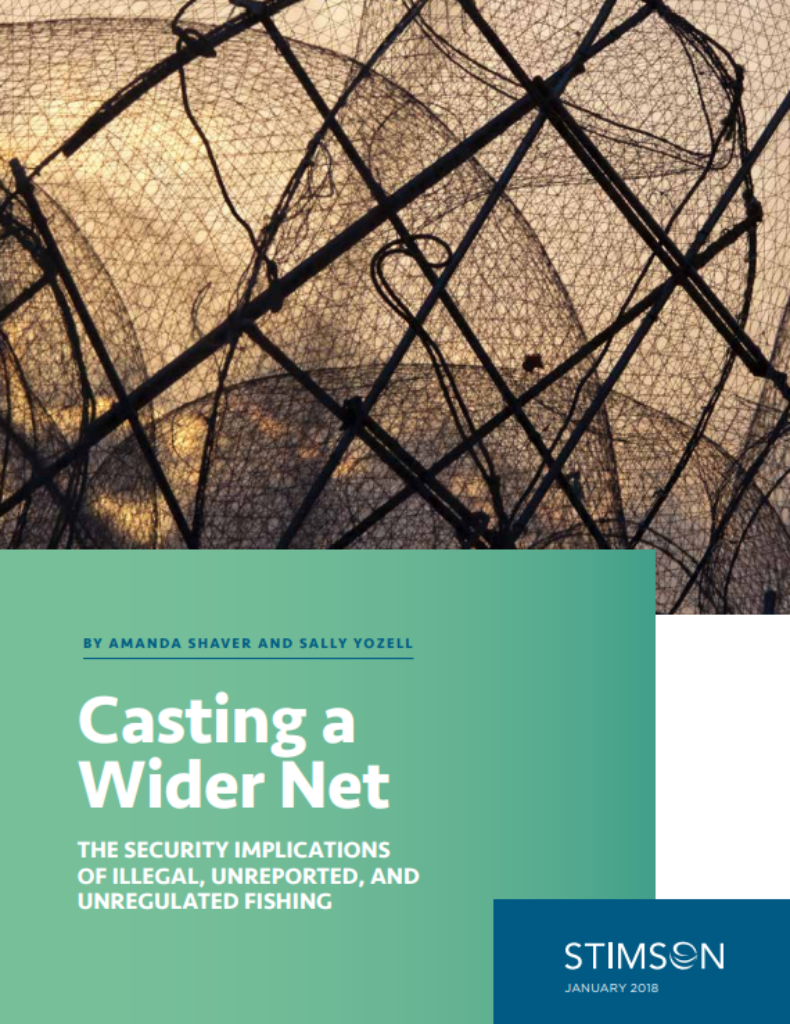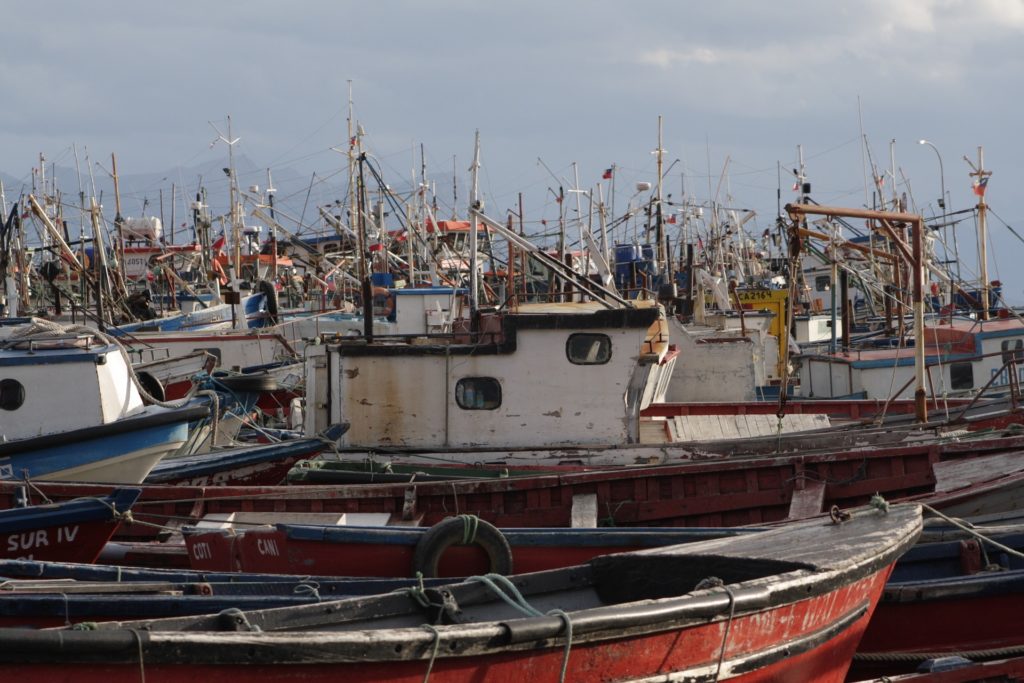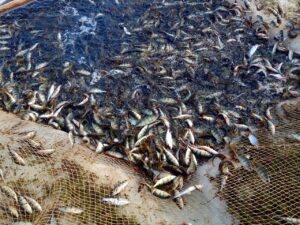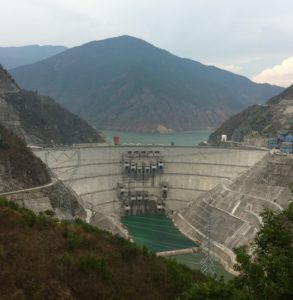Commercial fishing is big business. The complex global seafood supply chain employs nearly 60 million people in fisheries or aquaculture and produces an annual marine catch of nearly 80 million of fish destined for the global market. Despite its importance to international trade and food security, the commercial fishing industry remains shrouded in an opaque operating system. In 2018, The Stimson Center’s Environmental Security Program outlined these threats in detail in its report, Casting a Wider Net: The Security Implications of IUU Fishing.
Impact
Building on the report’s findings – and adopting six of its recommendations – Senators Roger Wicker (R-MS) and Chris Coons (D-DE) introduced the Maritime Security and Fisheries Enforcement (Maritime SAFE) Act in August of 2018, legislation to curb illegal fishing, promote a sustainable fishing economy, and prevent other types of illicit trade.
From Independent Analysis to Bipartisan Legislation
“These problems have a broad impact on American and international security. This bill is an important step towards greater transparency at all levels of the fishing industry and the seafood supply chain, including enhancing implementation of existing traceability programs and increasing surveillance and enforcement. This is essential for economic and food security and to combat the illicit networks related to IUU fishing.”
– Sally Yozell, Director, Environmental Security Program

Changing the policymaking conversation
Casting a Wider Net: The Security Implications of IUU Fishing outlined how illegal, unregulated, and unreported fishing poses a threat not just to the environment but to national, regional and global security.
Senators Coons’ and Wicker’s legislation adopts six recommendations made in the report, underlining the direct impact Stimson’s research and analysis can have towards driving solutions across the policymaking process and make a difference in addressing this critical challenge. By bringing together bipartisan, multi-sector stakeholder groups, Stimson has been able to leverage its deep knowledge of the issue and on-the-ground experience in the places affected to create recommendations that have led to a legislative effort to address the challenge of IUU fishing.
IUU Fishing: A threat to the environment and security
The Food and Agriculture Organization of the United Nations (UNFAO) estimates that nearly 90 percent of global fisheries are either fully exploited or overexploited and depleted. Faced with decreasing stocks in traditional fishing grounds, fleets are scavenging the globe to meet growing demand, often engaging in illegal, unreported, and unregulated (IUU) fishing—a practice that generates profits of an estimated $15 and 36 billion annually. Such operations do not just pose a threat to the environment, but also a significant threat to national, regional, and global security.
Put simply, the challenges and threats posed by IUU fishing are vast — from ecological, economic, and food security to geopolitical stability, maritime piracy, trafficking in persons and other transnational organized crime.




